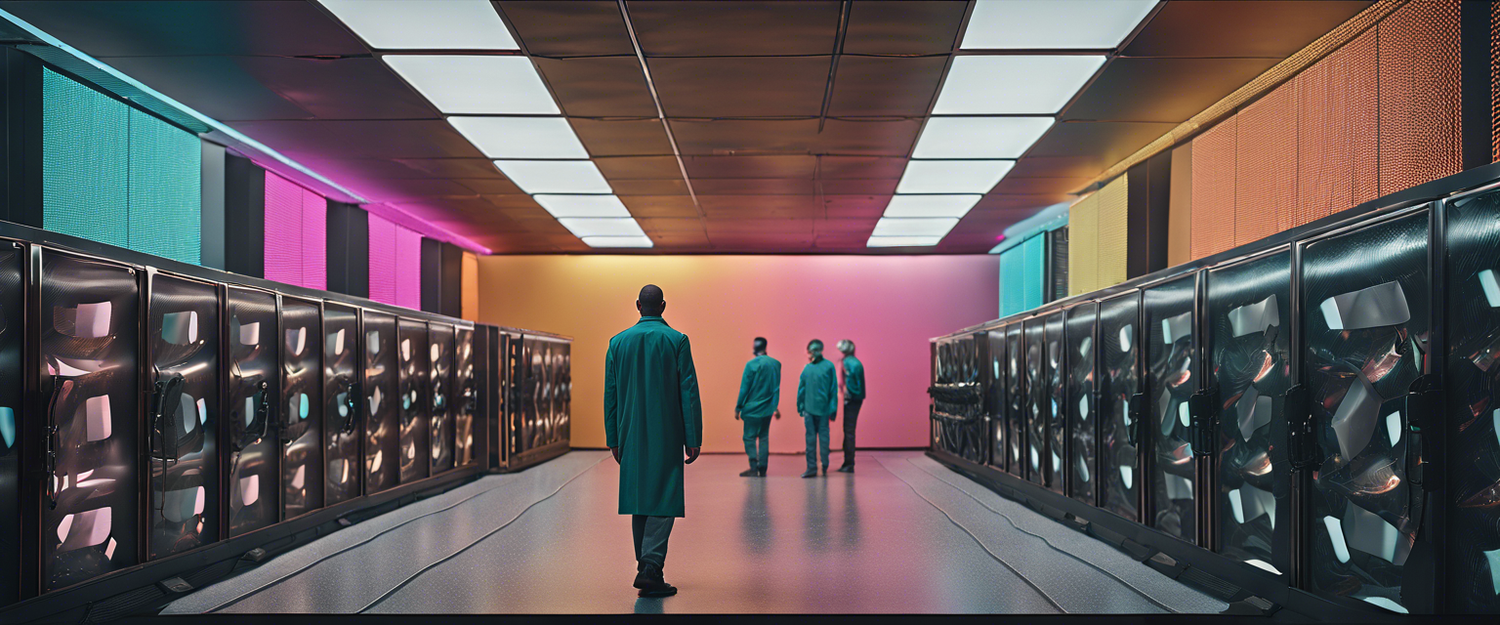The Open Source Initiative's Definition of Open AI
The Open Source Initiative (OSI) has established its official definition for "open" artificial intelligence, positioning itself for a potential clash with major tech companies, notably Meta, whose AI models may not align with these new guidelines. OSI has set the standard for what encompasses open-source software, but with the complexities of artificial intelligence, the landscape has evolved.
Key Aspects of Open AI
To qualify as open-source, an AI system must adhere to certain criteria laid down by OSI. These include:
- Transparency on Training Data: AI models must provide access to the data used during training, enabling others to comprehend and replicate the development process.
- Code Accessibility: The complete code that runs and builds the AI must be made available to users.
- Model Settings and Weights: Details related to the training settings and weights that influence the AI's outputs should also be provided.
Meta's Llama and OSI's Challenge
This newly minted definition directly confronts Meta’s Llama, which is marketed as the largest open-source AI model available for public use. However, Llama imposes restrictions, notably for commercial applications servicing over 700 million users, and lacks transparency regarding its training data, hence failing to meet OSI’s open-source criteria.
Faith Eischen, a spokesperson for Meta, expressed to The Verge that while they share common goals with OSI, they have differing opinions on this new definition. "There is no single open source AI definition, and defining it is a challenge because previous open source definitions do not encompass the complexities of today’s rapidly advancing AI models,” she noted.
The Historical Context of Open Source
For 25 years, OSI’s definition of open-source has been a point of reference for developers, offering a foundation for collaborative work without fears of legal repercussions. As the AI industry grows, tech giants face critical decisions: adapt to established open-source values or deviate from them.
Additionally, the Linux Foundation has launched an initiative to define "open-source AI," further stirring discourse on the redefinitions linked to traditional open-source principles in the AI domain.
Safety or Competitive Advantage?
Critics argue that Meta's reasoning for restricting training data access stems from a desire to reduce potential legal liabilities, rather than genuine safety concerns. Notably, many contemporary AI models are trained on potentially copyrighted material, and internal communications from Meta have acknowledged this reality. Ongoing lawsuits are emblematic of the tensions in this westward expansion of AI technologies.
Reflections on the Current AI Landscape
Stefano Maffulli, OSI’s executive director, reflected on the history of open-source movements, comparing Meta's arguments to those Microsoft made in the 1990s. He suggests a recurring theme where tech giants leverage complexity and investment to shield their technologies from public access. This, he argues, mirrors earlier struggles within the open-source community, where powerful entities prioritized proprietary advantages over collaborative growth.
Conclusion: The Future of Open Source AI
As the conversation around what constitutes open AI continues to evolve, the future remains uncertain. However, OSI’s new definition could spark a more profound discussion on accessibility and sharing in artificial intelligence, posing important questions for the industry's leaders.
By fostering dialogue and implementing principles of transparency, OSI aims to cultivate an inclusive environment for the advancement of artificial intelligence, potentially reshaping the future landscape of both open-source software and AI methodologies.



Laat een reactie achter
Alle reacties worden gemodereerd voordat ze worden gepubliceerd.
Deze site wordt beschermd door hCaptcha en het privacybeleid en de servicevoorwaarden van hCaptcha zijn van toepassing.